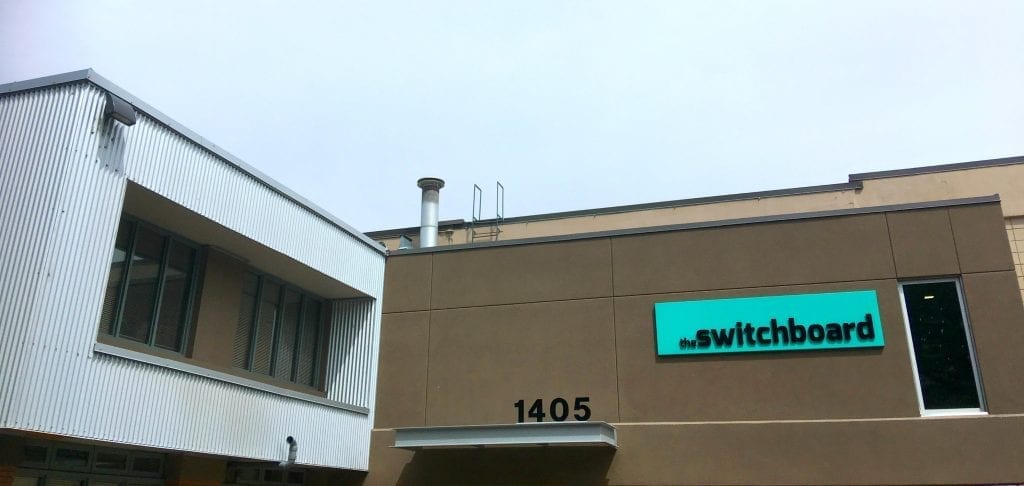
With apologies to The Amazing Race.
Work: The thing we’re taught to dread. The thing we’re taught we have to escape from on vacations and weekends. The thing that is supposed to suck the joy and personality out of us and leave our desiccated husks staring at computer screens until we die.
At least, that’s been the standard approach for most of human history. And for millions of people all over the world, it’s very much true – work is just work, a necessary evil and nothing more.
But for knowledge economy workers, work is bigger than just a source of income. Your work is an opportunity to make your mark on the world, to express your talents, and to have a whole lot of fun while you’re at it.
20 years of research have demonstrated that having fun at work makes us more productive, less stressed, and better at our jobs. In a lot of ways, having fun at work is an integral part of work itself.
Here are just a few reasons why having fun at work should be a major priority for you and your business.
Workers Who Have Fun are More Creative and More Productive
The first reason why fun should be a priority at the office? Because science says so.
Studies have found that having fun at work boosts job satisfaction, improves job performance, and smooths out interpersonal relationships – especially among Millennials. Rather than just “goofing off”, having fun at work is actually an important function that promotes more productive work and helps workers come up with creative solutions to problems.
In fact, researchers are now saying that fun is such a critical human function that a lack of fun is correlated with a higher likelihood of committing mass murder.
In other words: Fun and play actually serve important social and psychological functions, and making your office more fun can help your team to be more productive, come up with more creative solutions, and get along better. (And also, you know, not kill each other during office disputes, like when Johnny Careless finishes off the pot of coffee and doesn’t brew a new one. *eye twitch*)
Clients Can Tell Whether or Not You Enjoy Your Work
Yes, it’s true: If you’re just phoning it in, if you’re not all that passionate about your work, if you’re constantly bored at the office…your clients will notice. And if you don’t really care that much about your work, they’ll assume you don’t really care that much about them.
Obviously clients want to know that you take your work seriously, but they also want to know that you’re passionate about it and that you enthusiastically and energetically tackle challenges. When you allow yourself (or your team) to have fun at work, your clients notice. And the thing about fun is…it’s contagious. When you and your team start to have fun, your clients start to have fun, and that creates a more positive and more memorable client experience.
You’ll Spend at Least 35% of Your Life at Work
Statistically speaking, you’re going to spend anywhere from ⅓ to ½ of your life at work – and if you work in a knowledge industry, you’re probably going to be thinking about work even when you’re not actively working.
That’s a massive chunk of your life. And if you’re not having fun at work at least some of the time, then you’re spending a lot of time being less-than-happy. You only get one shot at living a fulfilled and meaningful life; do you really want to spend half of it being miserable?
Having fun at work is a great way to boost your productivity, unite your team, improve client interactions, and find fulfillment in your work. Obviously work isn’t going to be fun all the time, but the knowledge economy has opened up our concept of “work” and is allowing us to redefine our work culture – and fun can serve an important function in helping us work more effectively.
Are you making fun a priority in your business? What are you doing to have more fun at work?






